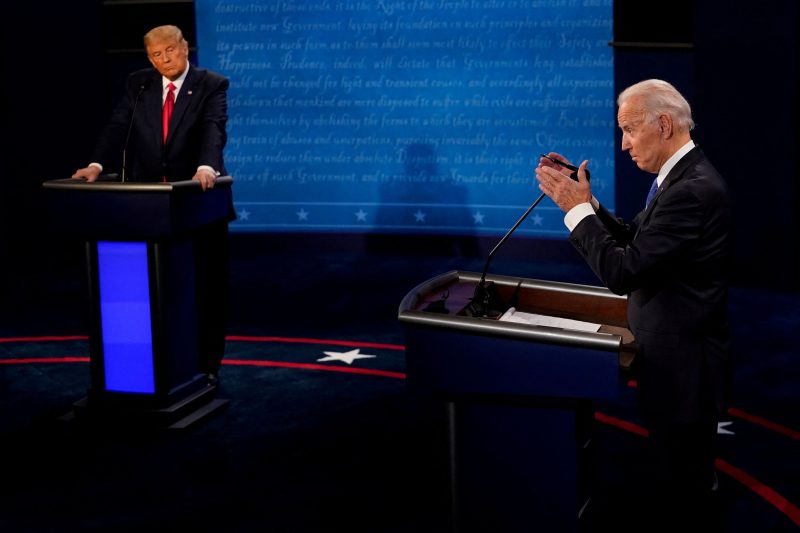In a rapidly changing political landscape, the power of debates in altering voter sentiment has been a topic of great significance. With each election cycle, candidates vie for the opportunity to present their ideas and policies in front of the public, hoping to sway opinions and gather support. The impact of these debates on the trajectory of voter sentiment cannot be underestimated, as they provide a platform for candidates to showcase their strengths and persuasively argue their positions.
Historically, debates have played a crucial role in shaping the outcome of elections. They offer voters a firsthand look at the candidates, allowing them to gauge their temperament, knowledge, and ability to articulate their views. While some voters may have already made up their minds before watching a debate, these events can influence those who are still undecided or are open to changing their opinions.
One of the key aspects of the debates is the direct interaction between candidates. The heated exchanges, pointed arguments, and rebuttals all contribute to the drama of the event, capturing the attention of the audience and keeping them engaged. These moments can be pivotal in swaying voter sentiment, as they showcase the candidates’ ability to think on their feet and respond to challenges in real-time.
In addition to the verbal sparring, the substance of the arguments presented during debates is also crucial. Candidates are expected to provide detailed explanations of their policy proposals, demonstrate a deep understanding of the issues at hand, and offer solutions to the problems facing the country. A strong performance in the debates can leave a lasting impression on voters, elevating a candidate’s standing in their eyes and boosting their chances of success.
However, it is essential to acknowledge that debates are not always a make-or-break factor in elections. While they can be influential, voter sentiment is shaped by a multitude of factors, including party affiliation, media coverage, campaign messaging, and personal beliefs. A single debate may not completely alter the trajectory of voter sentiment, but it can certainly impact the overall narrative of the campaign and influence public perception of the candidates.
In conclusion, debates play a crucial role in the electoral process by providing candidates with a platform to present their ideas and engage with voters. While they may not always dramatically change the trajectory of voter sentiment, debates are an important opportunity for candidates to showcase their strengths, articulate their vision for the future, and persuade undecided voters. As we look ahead to future election cycles, the significance of debates in shaping public opinion and influencing electoral outcomes is sure to remain a topic of continued interest and debate.

